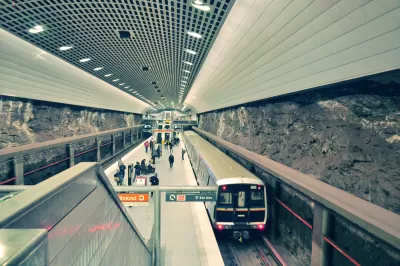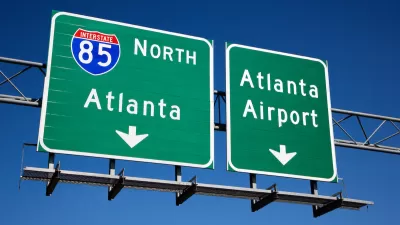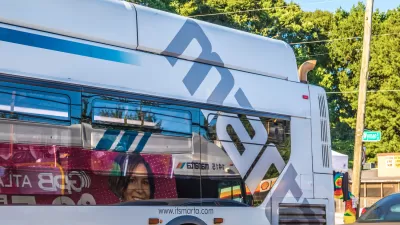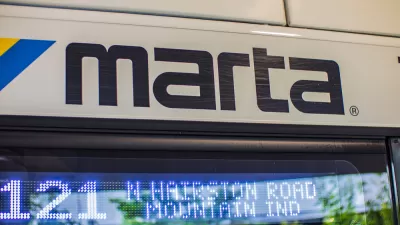The Metropolitan Atlanta Rapid Transit Authority says it is ‘well-positioned’ to resume pre-pandemic operations and make capital improvements in the coming years.

An article in Mass Transit reports on the $1.3 billion budget recently approved by the Metropolitan Atlanta Rapid Transit Authority (MARTA). “MARTA relies more heavily on sales tax revenue than some peer transit agencies, and with those revenues experiencing strong growth, combined with the last draw down from the federal COVID-19 relief money, the authority says it is well-positioned to resume pre-COVID-19 operation levels and advance its capital improvement program.”
According to the article, “Ridership demand has increased, with rail slightly outperforming bus. Recently, climbing fuel prices have presented an opportunity to gain customers without impacting MARTA’s bottom line.”
MARTA is also exploring other ways to gain ridership including a comprehensive redesign of its bus network to ensure service meets the changing demographics and development of the service area, and by launching an on-demand transit pilot program to connect those in areas underserved by transit to the larger MARTA system.
The source article outlines MARTA’s other plans for the coming years, such as their Capital Improvement Program and the $9 million SMART Restroom Program. The full, detailed budget is available on MARTA’s website.
FULL STORY: MARTA adopts balanced budget, advances capital projects, resumes pre-COVID-19 operations

Study: Maui’s Plan to Convert Vacation Rentals to Long-Term Housing Could Cause Nearly $1 Billion Economic Loss
The plan would reduce visitor accommodation by 25,% resulting in 1,900 jobs lost.

North Texas Transit Leaders Tout Benefits of TOD for Growing Region
At a summit focused on transit-oriented development, policymakers discussed how North Texas’ expanded light rail system can serve as a tool for economic growth.

Why Should We Subsidize Public Transportation?
Many public transit agencies face financial stress due to rising costs, declining fare revenue, and declining subsidies. Transit advocates must provide a strong business case for increasing public transit funding.

How to Make US Trains Faster
Changes to boarding platforms and a switch to electric trains could improve U.S. passenger rail service without the added cost of high-speed rail.

Columbia’s Revitalized ‘Loop’ Is a Hub for Local Entrepreneurs
A focus on small businesses is helping a commercial corridor in Columbia, Missouri thrive.

Invasive Insect Threatens Minnesota’s Ash Forests
The Emerald Ash Borer is a rapidly spreading invasive pest threatening Minnesota’s ash trees, and homeowners are encouraged to plant diverse replacement species, avoid moving ash firewood, and monitor for signs of infestation.
Urban Design for Planners 1: Software Tools
This six-course series explores essential urban design concepts using open source software and equips planners with the tools they need to participate fully in the urban design process.
Planning for Universal Design
Learn the tools for implementing Universal Design in planning regulations.
Ascent Environmental
Borough of Carlisle
Institute for Housing and Urban Development Studies (IHS)
City of Grandview
Harvard GSD Executive Education
Toledo-Lucas County Plan Commissions
Salt Lake City
NYU Wagner Graduate School of Public Service





























